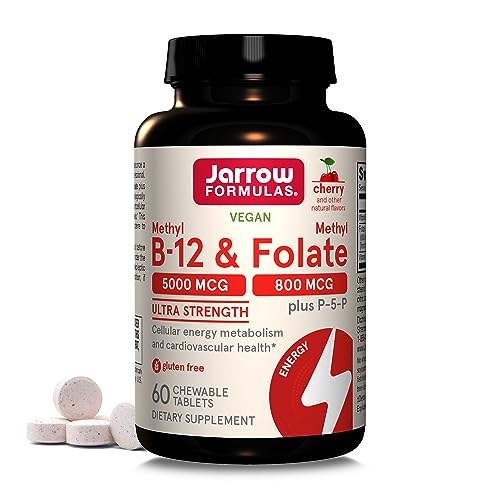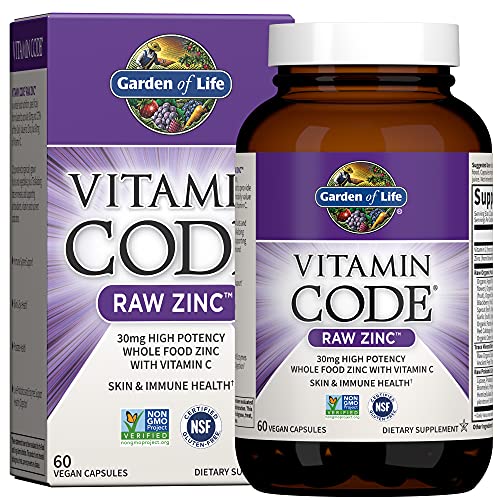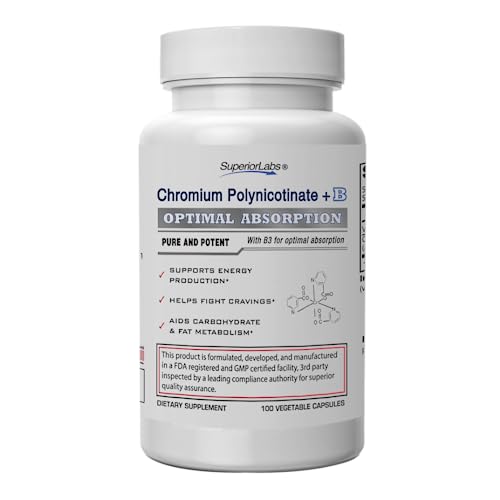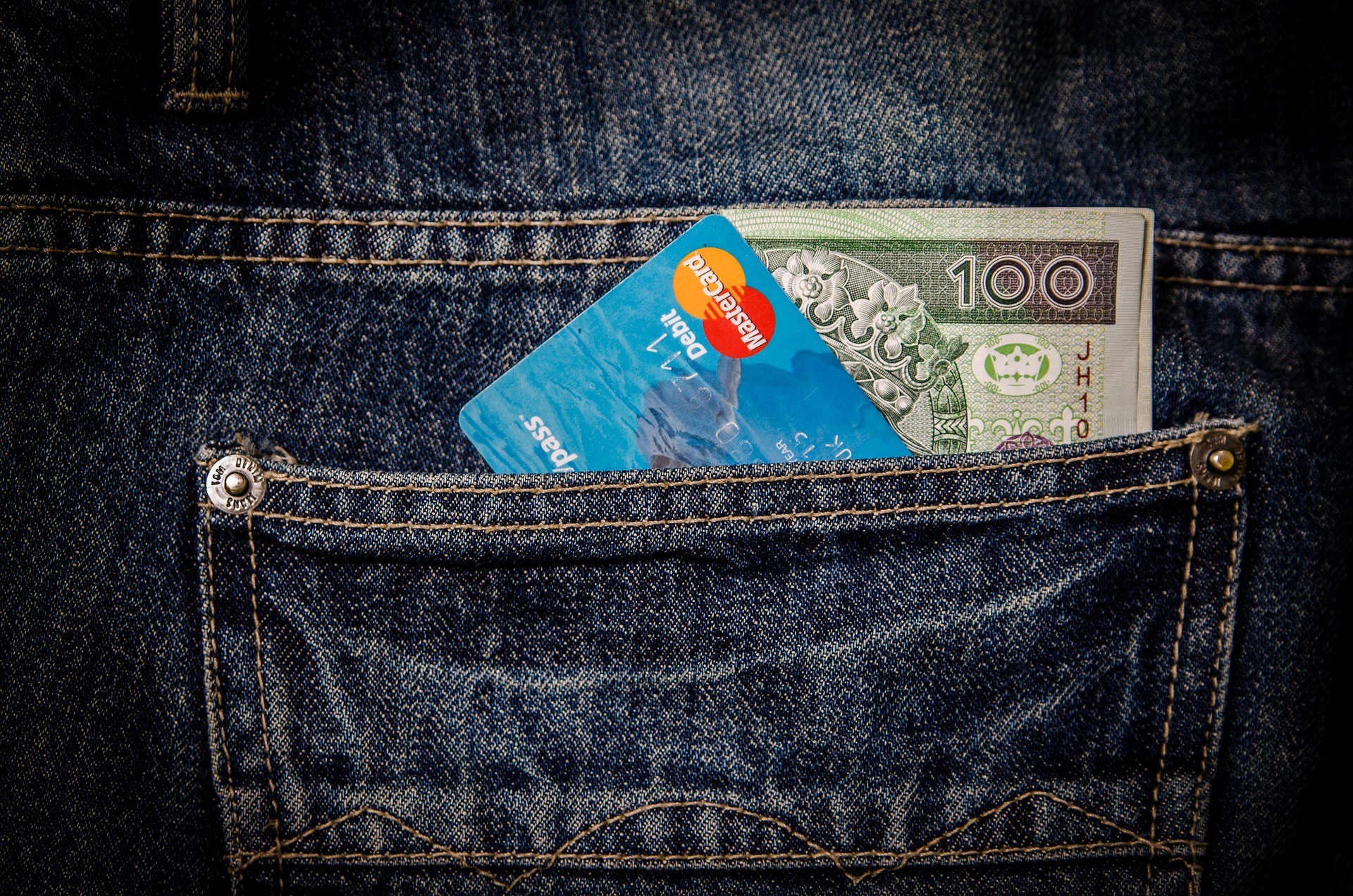Natural Boost: Your Mineral Supplement Destination
Find the Perfect Mineral Supplements for Your Lifestyle on Mineralssupplements.shopping's Homepage
Browse ProductsFeatured products
View All Featured Products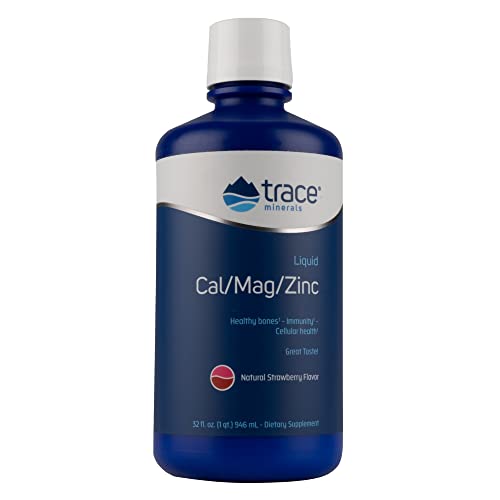
Trace Minerals | Liquid Cal/Mag/Zinc | Calcium, Ma...
Product Review Score
4.89 out of 5 stars
26 reviews$35.99
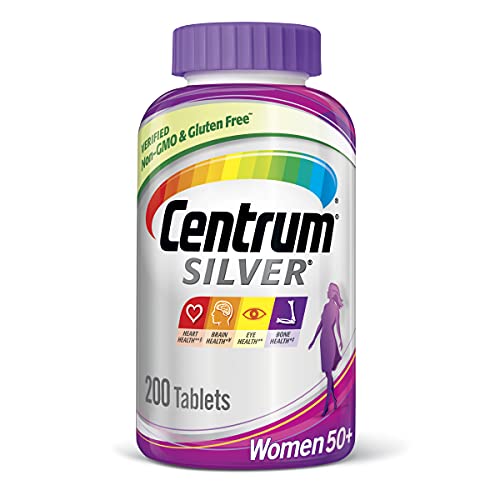
Centrum Silver Women's Multivitamin for Women 50 P...
Product Review Score
4.76 out of 5 stars
16 reviews$25.90
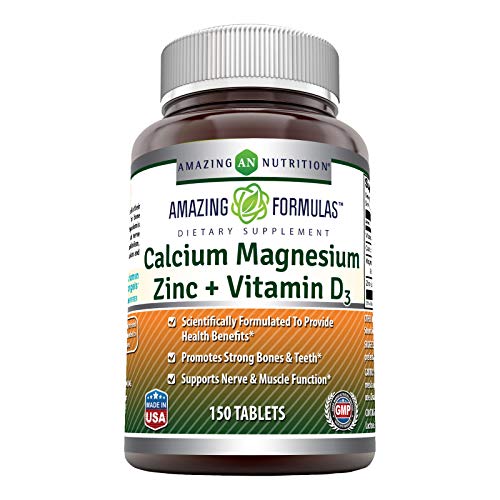
Amazing Formulas Calcium Magnesium Zinc D3 | 150 T...
Product Review Score
4.41 out of 5 stars
91 reviews$12.99 $9.99
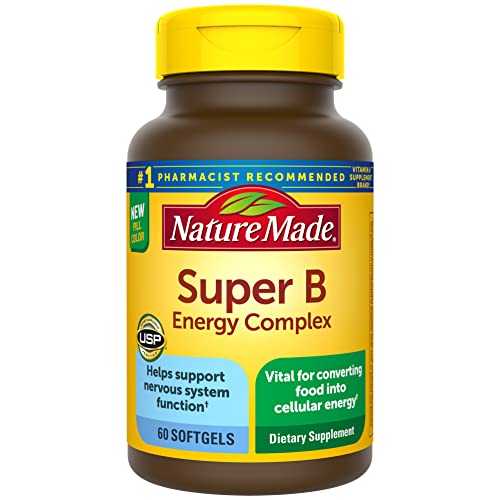
Nature Made Super B Energy Complex, Dietary Supple...
Product Review Score
4.84 out of 5 stars
113 reviews$14.29 $9.19
Save With Our Special Offers
Check out our best offers and discounts on top-quality items. Our offers change regularly, so make sure you don't miss out!
View Special OffersSome words from our happy customers
My buddy pointed me to your store and my satisfaction knows no bounds. Thanks for your top-notch service.
Gaylord Rolfson, Newcastle, Australia
I managed to score the best deal here and was amazed by how quickly it was delivered. I couldn't be a happier client!
Horacio Greenholt, Houston, USA
I was a little apprehensive at first because of the low prices, but everything went smoothly. I ended up saving so much more than at any other store!
Maybelle Bahringer, Rome, Italy

